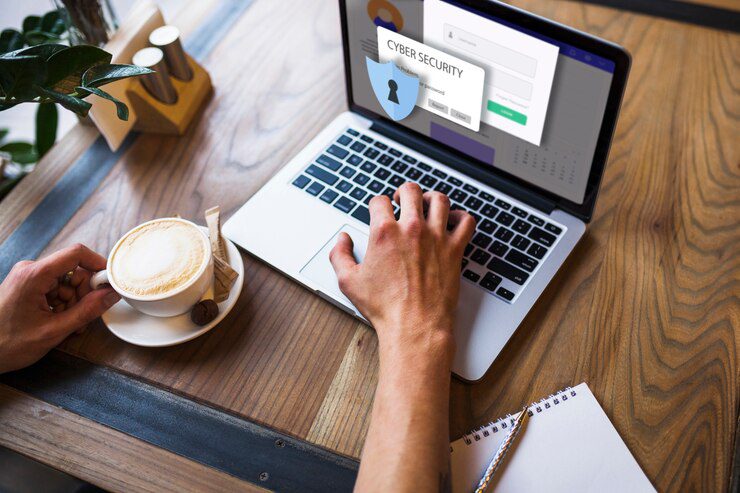In today’s world, numerous people store their information online and conduct business online; thus, data security is inevitable. Personal data protection is not just an issue of privacy; it is more an issue of protecting one’s identity, money, and image. It has become so important today as cybercriminals and other forms of attacks increase year by year. Here are some tips that will help you protect your data when using the internet and make you likely to never be a victim of hackers.
Choose Good & Compelling Passwords
An obvious yet fundamental method of strengthening data security is by coming up with the right passwords for accounts. Data gleaned from a Cybersecurity Ventures report reveal that more than 80% of all hacking incidents stem from the use of poor or stolen passwords. A password must be alphanumeric; it should contain letters, numbers, and symbols; one should not use any identifiable information such as birth dates and simple patterns such as 1234.
They suggest that the password should be a long and strong one, and use a program password manager to create a strong password that can be used repeatedly for logging into multiple accounts. This does more than protect your username and password; it discourages you from using the same password on different websites, which is a big danger given that hackers go for weak passwords once they breach them.
Allow Two Factor Authentication or Two-Step Verification
More precisely, two-factor authentication, or 2FA, is an additional layer of data protection in your accounts. Unlike what you use to log into the account, 2FA requires a second factor, such as a code sent to the phone number or email address. Microsoft says that implementing 2FA can hinder 99.9% of automated cyber assaults.
From your Facebook or Twitter accounts to your bank PIN Numbers: 2FA guarantees that even if your password is still in the hands of the wrong people, it is going to take them ages to get into your account.
Beware of Phishing Scams
Phishing is by far one of the most widespread threats identified in the area of information security. Most of these scams take the form of emails or messages mimicking official sending platforms to make you release your identity details or click on destructive links. The Verizon 2023 Data Breach Investigations Report reported that phishing was the cause of 36% of data breaches.
Do not trust fake newsletters, even though their authors copy the design of the original ones. Look at the sender’s email address, and if it looks and seems to be incorrect, do not reply or click on any links, and never provide personal details unless very certain of the source.
Keep Your Software Updated
This is why it is normal to find hackers attacking computers with expired software updates since they contain various shortcuts that enable them to steal users’ data. Make certain that your operating system, operating apps, and antivirus software are always up to date. Some of the updates are data security fixes that safeguard your equipment from new risks.
IBM revealed in the Global Cost of a Data Breach 2023 report that having updated software can help reduce losses by up to $2 million. So, there are certain things you can do to prevent yourself from being the victim of cybercriminals; fortunately, there are things that you can do to avoid falling prey to cybercriminals.
Use Secure Wi-Fi Connections
Free Wi-Fi hotspots, though easily accessible, are entirely open and are potential threats to one’s information security. Hackers can easily pick communications on such networks, which means they stand the chance of getting your secrets. Whenever possible, do not use public Wi-Fi for activities such as banking, shopping, and so on.
If you need to connect to public Wi-Fi, it’s recommended to do so using a virtual private network (VPN). A VPN provides a secure layer of privacy protection to your browsing, and since hacking gets tougher with every additional layer of security, this should help to protect from data theft.
Conclusion
As our reliance on digital platforms continues to grow, so does the importance of data security. From using strong passwords and enabling two-factor authentication to staying vigilant against phishing scams and regularly updating software, there are many ways to protect your online information. By implementing these practices, you not only secure your data but also protect your identity and financial assets.
In a world where data breaches and cyber threats are becoming more common, prioritizing data security is no longer optional—it’s a necessity. Stay smart, stay secure, and take control of your digital footprint.







